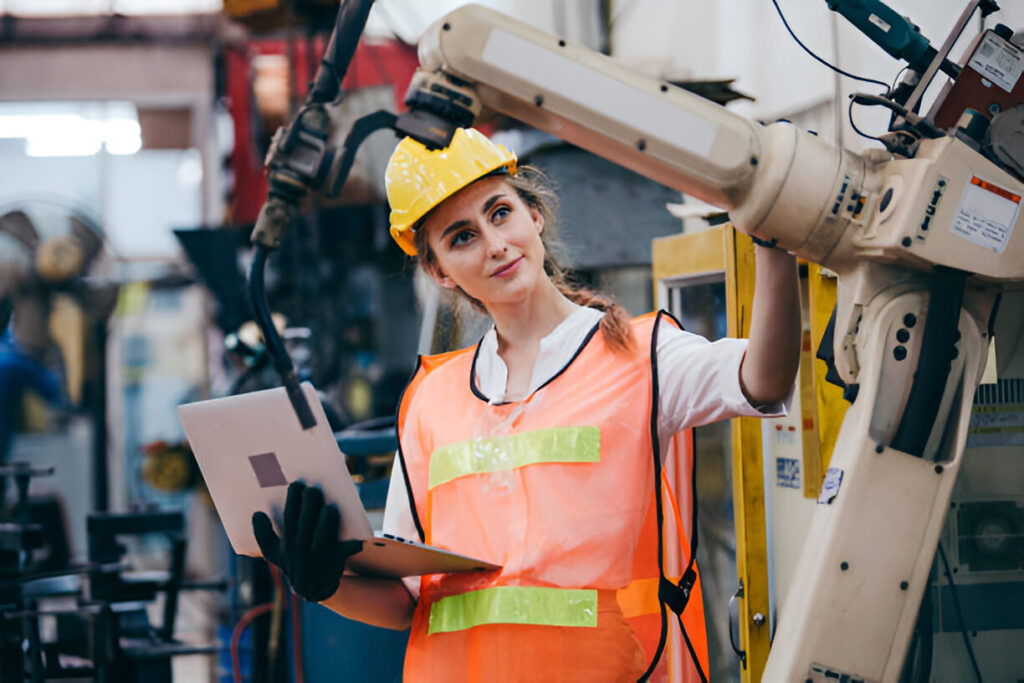Table of Contents:
- Introduction to Mechanical Construction
- Cutting-Edge Technologies Transforming the Industry
- Sustainable Practices in Mechanical Construction
- The Role of Automation
- Data-Driven Decisions in Project Management
- Enhancing Safety Standards
- Training and Development in the Mechanical Industry
- Future Trends and Developments
Introduction to Mechanical Construction
Mechanical construction is a critical component in the development of modern infrastructure, directly influencing how buildings function and sustain themselves. It comprises various systems such as HVAC, plumbing, and other essential mechanical services that ensure buildings operate efficiently. The evolution of this field has seen a significant shift towards incorporating advanced technologies and methodologies that enhance performance while upholding safety and sustainability standards. It’s a domain that continues to expand and adapt, meeting the growing global demand for innovative construction solutions. To delve deeper into contemporary techniques and methods, click here.
Cutting-Edge Technologies Transforming the Industry
Technological innovations are revolutionizing mechanical construction. The advent of 3D printing, for example, allows for the rapid production of complex components, reducing lead times and enhancing precision. This technology has given rise to significant cost reductions and streamlined processes, allowing construction teams to complete projects faster and more accurately. By leveraging advanced materials and 3D printing technologies, mechanical constructors can now create intricate designs that were once thought impossible, pushing the boundaries of architectural creativity and structural engineering further than ever before.
Sustainable Practices in Mechanical Construction
Sustainability is rapidly becoming a cornerstone of mechanical construction practices. The demand for eco-friendly solutions has led to integrating renewable energy sources and sustainable materials, ensuring that projects meet environmental regulations and reduce carbon footprints. Utilizing advanced and energy-efficient HVAC systems or incorporating solar panels into building designs significantly lowers operational costs and energy consumption. Furthermore, sustainable practices are both environmentally beneficial and economically advantageous, offering projects a longer lifecycle through durability and adaptability. These initiatives underscore the industry’s commitment to preserving our planet while addressing modern infrastructure’s functional and aesthetic needs.
The Role of Automation
Automation in mechanical construction is becoming increasingly prevalent as it offers numerous benefits, including enhanced efficiency, reduced human error, and lower operational costs. Incorporating robotics and AI into construction processes allows tasks to be carried out more accurately and quickly. Using automated systems, project managers can monitor work progress meticulously, ensuring adherence to timelines and budgets. Additionally, robotic process automation (RPA) can handle repetitive tasks, freeing up skilled labor for more complex responsibilities, thus optimizing overall resource allocation and project execution strategies.
Data-Driven Decisions in Project Management
Data has become an invaluable asset in mechanical construction, where data analytics tools offer insightful trends and patterns that aid in both planning and operational phases. Modern project management leverages data for predictive analytics, optimizing schedules, reducing risks, and enhancing collaboration among teams. By utilizing analytics software, project stakeholders can make informed decisions that lead to better resource management and cost efficiencies.
Enhancing Safety Standards
Safety is paramount in mechanical construction, where emerging technologies are setting new standards for workplace safety. Advanced safety gear, real-time monitoring systems, and predictive analytics contribute to safer job sites. Technologies such as drones are used for site surveillance, ensuring compliance with safety standards. Moreover, wearable technology can detect and alert supervisors to potential safety hazards, significantly reducing accident rates. These innovative measures are instrumental in safeguarding workers’ well-being while maintaining the efficiency of project operations.
Training and Development in the Mechanical Industry
As mechanical construction evolves, so do the skills required to excel within the industry. There’s a growing need for comprehensive training programs that align the workforce with emerging technologies and methods. Continuous professional development ensures workers can navigate the complexities of technological advancements. Upskilling and reskilling initiatives are vital in effectively preparing the workforce to employ innovative construction techniques, thereby maintaining competitive advantage and productivity
Future Trends and Developments
Looking towards the future, the mechanical construction industry is poised for further transformation. Anticipated advancements include the expanded use of artificial intelligence for predictive maintenance and augmented reality for enhanced project visualization, enabling stakeholders to interact with virtual project models before construction commences. These emerging technologies promise to refine construction practices, heighten creative possibilities, and maintain operational efficiency. As the industry continually adapts to technological changes, mechanical construction will remain a pivotal driver of modern infrastructural innovation.

